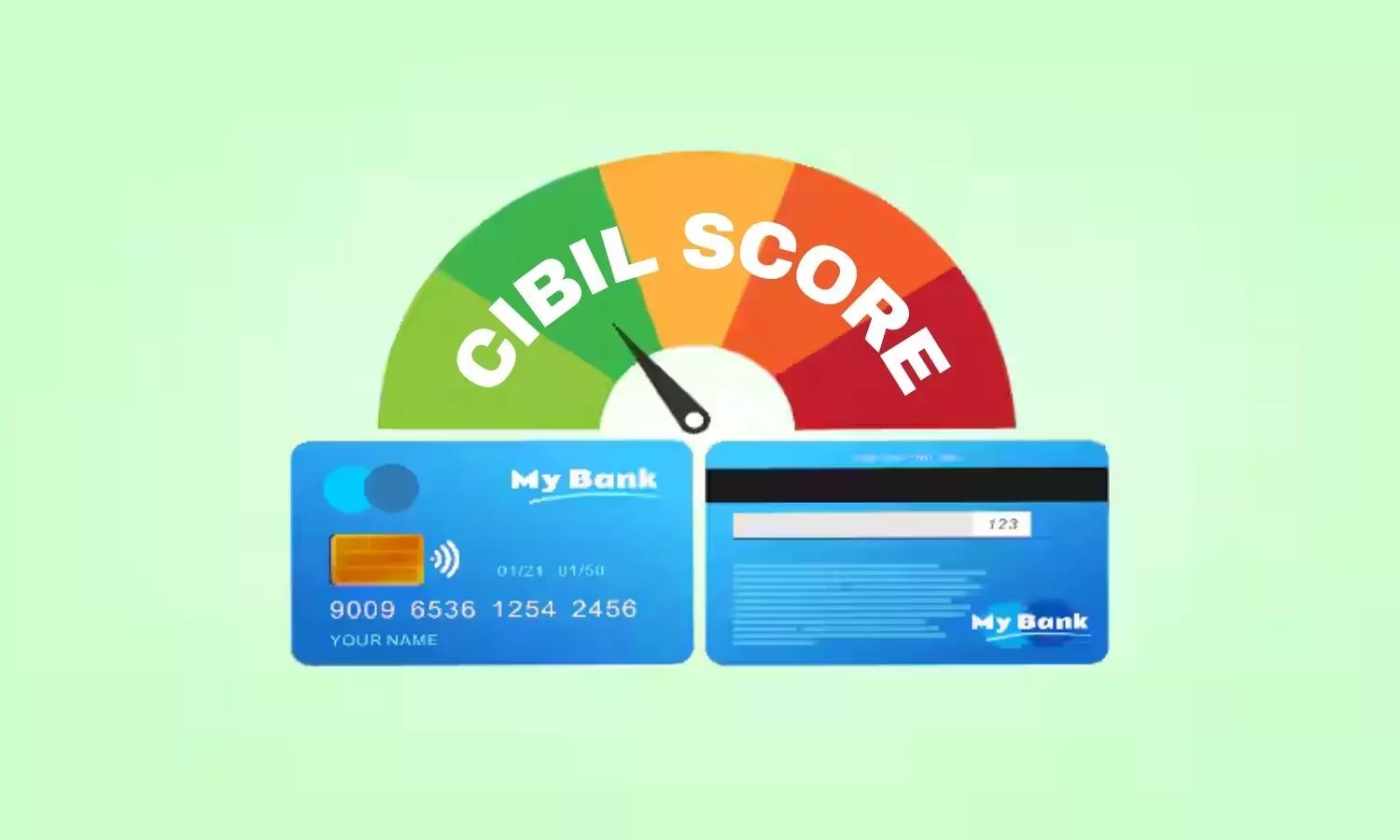How loan settlement affects your CIBIL score: Key insights
Discover how a loan settlement arrangement impacts your CIBIL credit score, its long-term effects, and strategies to rebuild your credit.
image for illustrative purpose

In today’s financial landscape, maintaining a good credit score is crucial for securing loans and credit lines with favourable terms. One of the key components of your credit score in India is the CIBIL score, which ranges from 300 to 900. This score reflects your creditworthiness and influences lenders’ decisions. A higher score indicates better credit health, while a lower score can limit your access to financial products. But what happens to your CIBIL score when you opt for a loan settlement arrangement? Let’s delve into the details.
Understanding Loan Settlement
A loan settlement is an agreement between a borrower and lender where the lender agrees to accept a lump-sum payment that is less than the total outstanding debt. This usually happens when the borrower is unable to repay the full amount due to financial distress. While this might seem like a relief for the borrower, it has significant implications for their credit score.
Impact on CIBIL Credit Score
1. Immediate Negative Impact: When you settle a loan, your lender reports it to the credit bureaus, including CIBIL. Instead of marking the loan as “closed” or “paid in full,” it is marked as “settled.” This notation is a red flag to future lenders, indicating that you were unable to pay your debt in full. Consequently, your CIBIL score drops significantly, sometimes by as much as 75-100 points or more, depending on your overall credit profile.
2. Long-term Effects: The negative impact of a loan settlement remains on your credit report for up to seven years. During this period, lenders can see that you settled a loan, making them hesitant to offer you new credit. Even as your score starts to improve, the settled account continues to be a blemish on your record throughout these seven years.
3.Creditworthiness: Your creditworthiness takes a hit because lenders perceive a settled account as a sign of financial instability. This could lead to higher interest rates on future loans, reduced credit limits, or even outright denial of new credit applications.
Alternatives to Loan Settlement
Before opting for a loan settlement, consider these alternatives to protect your CIBIL score:
1. Debt Restructuring: Contact your lender to discuss restructuring your debt. This might involve extending the loan term, reducing the interest rate, or providing a temporary moratorium on payments. While this will still be reported to CIBIL, it’s viewed more favourably than a settlement.
2. Balance Transfer: If you have high-interest loans, consider transferring the balance to a lender offering a lower interest rate. This can reduce your monthly burden and help you manage repayments more effectively.
3. Debt Consolidation: Consolidate multiple loans into a single loan with a lower interest rate. This simplifies repayments and can reduce the overall interest burden.
4. Seeking Help from Financial Advisors: Consult a financial advisor to explore other avenues for managing debt. They can provide personalised strategies based on your financial situation.
Rebuilding your Credit Score Post-Settlement
If you’ve already settled a loan and are facing the consequences, there are steps you can take to rebuild your credit score:
1. Timely Payments: Make all future payments on time. This includes credit card bills, utility payments, and any remaining loan EMIs. Consistency in on-time payments is crucial for credit repair.
2. Use Credit Responsibly: Use your credit cards responsibly. Keep your credit utilisation ratio below 30% of your available credit limit. This indicates to lenders that you can manage credit well.
3. Check Your Credit Report Regularly: Obtain your credit report from CIBIL and other bureaus regularly. Look for errors or inaccuracies and dispute them if necessary. Ensuring the accuracy of your credit report is vital for maintaining a good score.
4. Add Positive Accounts: If possible, add positive accounts to your credit report. This can be achieved by becoming an authorised user on a family member’s or friend’s credit card with a good payment history. Ensure that they continue to manage the account responsibly.
5. Build a Credit Mix: Diversify your credit portfolio by having a mix of credit types, such as secured loans (auto loans, home loans) and unsecured loans (personal loans, credit cards). Demonstrating the ability to handle different types of credit can improve your score.
Legal Aspects and Consumer Rights
It’s important to understand your rights as a borrower. According to the Reserve Bank of India (RBI) guidelines, banks must notify you before declaring your loan as a non-performing asset (NPA). They are also required to offer options such as restructuring before resorting to settlement. If you feel that your lender has not provided these options or has reported incorrect information to CIBIL, you can file a complaint with the banking ombudsman.
While a loan settlement arrangement can offer temporary relief from financial distress, it has a long-lasting negative impact on your CIBIL credit score. This can hinder your ability to secure future credit and can result in higher borrowing costs. It’s crucial to explore all available alternatives before opting for a settlement. If you’ve already settled a loan, focus on rebuilding your credit through timely payments, responsible credit use, and regular monitoring of your credit report.
Maintaining a healthy CIBIL score is essential for financial stability and access to credit. By understanding the implications of loan settlements and taking proactive steps to manage your credit, you can safeguard your financial future.

